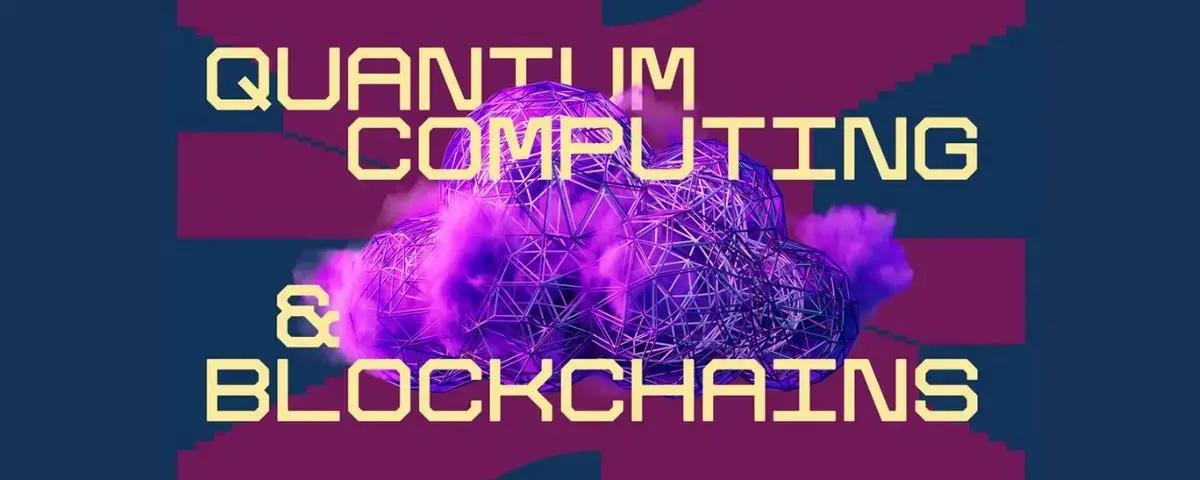The anti-quantum cryptography organization BTQ has announced the Bitcoin Quantum solution for quantum-resistant Bitcoin algorithms
According to CoinDesk, the quantum-resistant cryptography specialist BTQ Technologies (BTQ) recently announced a solution to protect the Bitcoin blockchain, called "Bitcoin Quantum," an open-source fork testnet that is said to be capable of addressing quantum challenges.Chris Tam, head of partnerships at BTQ, stated that Bitcoin Quantum is a publicly operable network where miners, developers, researchers, and users can stress-test against quantum transactions and reveal the trade-offs in actual operation before discussions about mainnet upgrades become urgent.The system includes a block explorer and mining pool, providing instant accessibility. Tam explained that in August 2024, the quantum-resistant algorithm known as "Dilithium" (officially named the Module-Lattice-based Digital Signature Algorithm ML-DSA) will be standardized in the United States, and this algorithm is the technology adopted by the Bitcoin Quantum network. This algorithm has not yet been widely applied in rapidly innovating fields like cryptocurrency, primarily due to its high operational costs.Compared to the digital signatures used every time information is sent to the blockchain or even when sending a WhatsApp message, the data size of quantum-resistant algorithms increases by at least 200 times. Therefore, while there are methods to address quantum risks, they also pose problems, mainly reflected in performance and cost overhead during large-scale deployment.
 BTC $65,993.35 -1.88%
BTC $65,993.35 -1.88% ETH $1,946.92 -3.83%
ETH $1,946.92 -3.83% BNB $613.12 -1.45%
BNB $613.12 -1.45% XRP $1.42 -4.56%
XRP $1.42 -4.56% SOL $81.67 -4.53%
SOL $81.67 -4.53% TRX $0.2795 -0.47%
TRX $0.2795 -0.47% DOGE $0.0974 -3.83%
DOGE $0.0974 -3.83% ADA $0.2735 -4.22%
ADA $0.2735 -4.22% BCH $467.09 -4.58%
BCH $467.09 -4.58% LINK $8.64 -2.97%
LINK $8.64 -2.97% HYPE $28.98 -1.81%
HYPE $28.98 -1.81% AAVE $122.61 -3.42%
AAVE $122.61 -3.42% SUI $0.9138 -6.63%
SUI $0.9138 -6.63% XLM $0.1605 -4.62%
XLM $0.1605 -4.62% ZEC $260.31 -8.86%
ZEC $260.31 -8.86% BTC $65,993.35 -1.88%
BTC $65,993.35 -1.88% ETH $1,946.92 -3.83%
ETH $1,946.92 -3.83% BNB $613.12 -1.45%
BNB $613.12 -1.45% XRP $1.42 -4.56%
XRP $1.42 -4.56% SOL $81.67 -4.53%
SOL $81.67 -4.53% TRX $0.2795 -0.47%
TRX $0.2795 -0.47% DOGE $0.0974 -3.83%
DOGE $0.0974 -3.83% ADA $0.2735 -4.22%
ADA $0.2735 -4.22% BCH $467.09 -4.58%
BCH $467.09 -4.58% LINK $8.64 -2.97%
LINK $8.64 -2.97% HYPE $28.98 -1.81%
HYPE $28.98 -1.81% AAVE $122.61 -3.42%
AAVE $122.61 -3.42% SUI $0.9138 -6.63%
SUI $0.9138 -6.63% XLM $0.1605 -4.62%
XLM $0.1605 -4.62% ZEC $260.31 -8.86%
ZEC $260.31 -8.86%


















